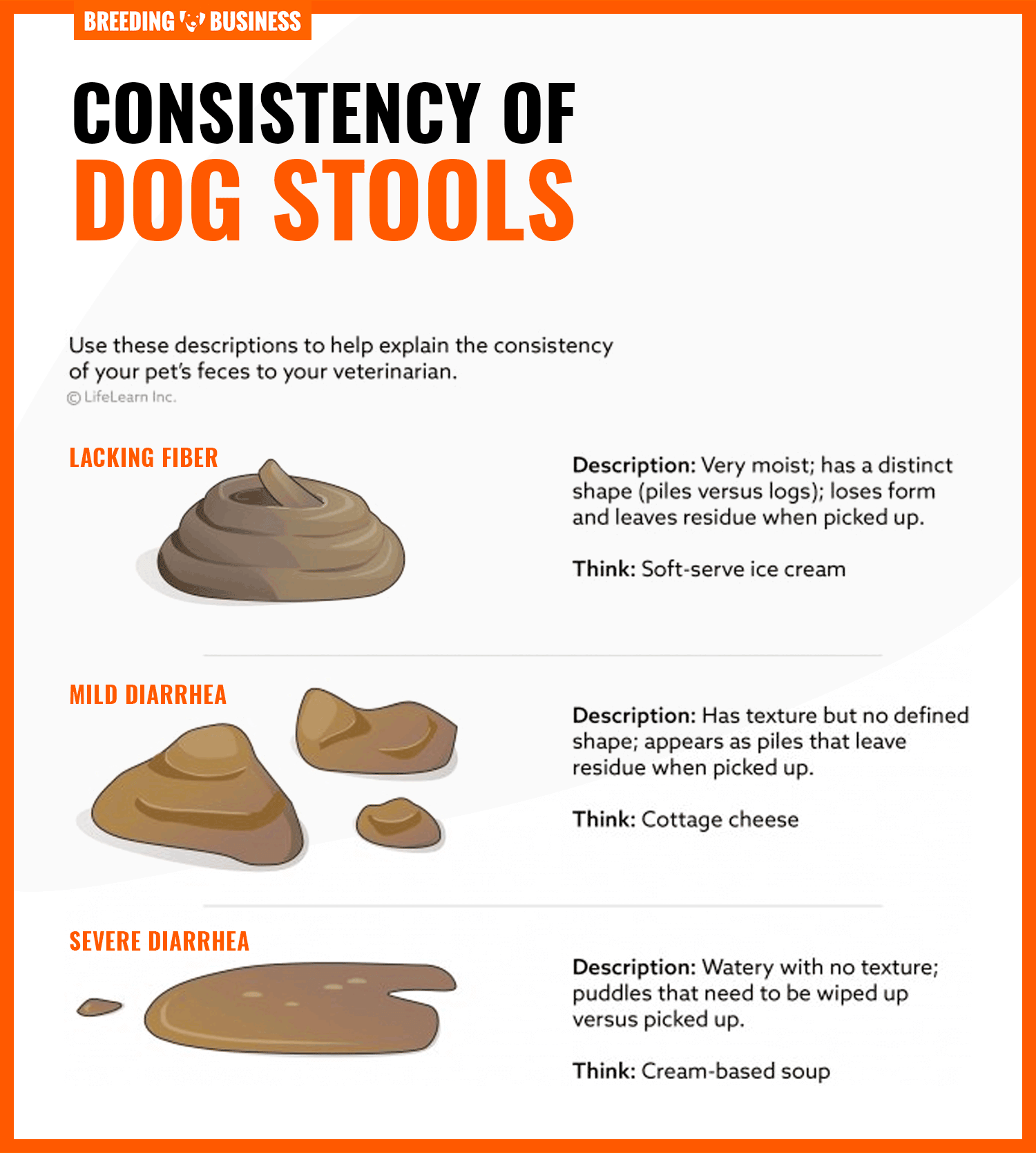
Green mucus in dog poop may be down to food colorings but. Treatment includes supportive care anti-nausea drugs fluid therapy and antibiotics.

A fecal exam can identify the type of parasite present and an appropriate dewormer should take care of the problem.
Mucus in stool dog. Mucus can appear in a dogs stool naturally from the lubrication of the intestines. A small amount of mucus from time to time is completely normal as it allows feces to slide through the colon. If more mucus is seen in the stool on a regular basis however it can indicate an issue.
Dog stool often has mucus. Its a slime-like substance made by the intestines to keep the lining of the colon lubricated and moist and is perfectly healthy. In fact small amounts are often dead cells acting as a natural lubricant in the gut helping prevent constipation.
Its also possible for mucus in dog stool to be colored. White mucus in dog poop is the most common color but mucus can also be green. Green mucus in dog poop may be down to food colorings but.
Whipworms tapeworms giardia and other intestinal parasites can cause mucus in a dogs stool. A fecal exam can identify the type of parasite present and an appropriate dewormer should take care of the problem. When a dog eats something unusual it can disrupt their GI tract and cause mucus in their stool.
Mild cases resolve with a little bit of time. Loose stool with mucus can be a sign that your dog is struggling with some form of GI upset. It can be a reaction to irritation in the intestinal tract causing it to be accompanied by thick mucus as well.
Dog stool normally contains some mucus – a slime-like substance made by the intestines to keep the lining of the colon lubricated and moist. But if you notice an excessive amount of mucus in the stool or if it is accompanied with blood or a radical change in your dogs bowel movements seek immediate veterinary medical attention. Both solid stool or diarrhea can come with visible mucus.
How concerned you should be depends on what else is going on. If the poop looks otherwise normal and your dog is their regular happy self the problem could have been caused by some temporary irritation of the gut lining. Likewise at times you will only notice mucus in your dogs stools if there are large amounts indicating that there could be something amiss with your canines health.
For this reason it is always beneficial to observe your dogs poop before you pick it up and dispose of it. Mucus in the stool indicates lower gut inflammation colitis. As she is also vomiting she is at risk of dehydration and it is best she is assessed so we can ensure she is well hydrated and doesnt have a fever or abdominal pain.
The vet may well need to issue treatment such as antibiotics an anti nausea injection and fluids. Dog stool normally contains some mucus which is produced by the intestines to keep the lining of the colon lubricated and moist. But if you notice an excessive amount of mucus in the stool or if.
If your pet has overeaten or consumed foods that are toxic in nature he will pass mucus in his stools and may also suffer from accompanying symptoms like abdominal pain and vomiting. Dogs suffering from intestinal parasite infections like whipworms tapeworms and hookworms also pass mucus in their stools. As a pet owner you need to therefore examine your dogs.
If your dogs stool appears slimy you may be looking for reasons for mucus in dogs stool. Normally a dogs stool should not contain much visible amounts of mucus. If you find presence of mucus its worthy of investigating with the help of your vet especially if there is lots of mucus in the dogs stool or if the dog has fresh blood and mucus in the stool along with.
If your dog dogs has mucus and diarrhea in the stool this is often indicative of colitis. Generally the stool starts as soft or pudding-like and then turns gelatinous shiny and mucoid at the end. Its not unusual to also notice a drop or two of blood in the dogs stool.
Your Dog has Diarrhea Both vets say when mucus is accompanied by diarrhea its something that could warrant a trip to the vet. When your dog has diarrhea that persists longer than 24 hours and is accompanied by mucus in the stool you should go see your vet says Dr. Any Part of the Stool is Changing If youve suddenly got really.
According to petMD a little mucus in stool is normal and actually healthy. Thats why its good to keep an eye on your dogs poop so you can understand whats normal for him and what isnt. Excessive mucus can be a sign of many different problems including intestinal infections parasites irritable bowel syndrome cancer inflammatory disorders hemorrhagic.
When a dogs stool contains a lot of blood and mucus often described as looking like raspberry jam AHDSalso known as hemorrhagic gastroenteritismay be to blame. Treatment includes supportive care anti-nausea drugs fluid therapy and antibiotics. Increases or changes in the mucus composition of your dogs stool may be indicative of underlying conditions.
Vet bills can sneak up on you. Get the pawfect insurance plan for your pup. Mucus in the Stool Average Cost.